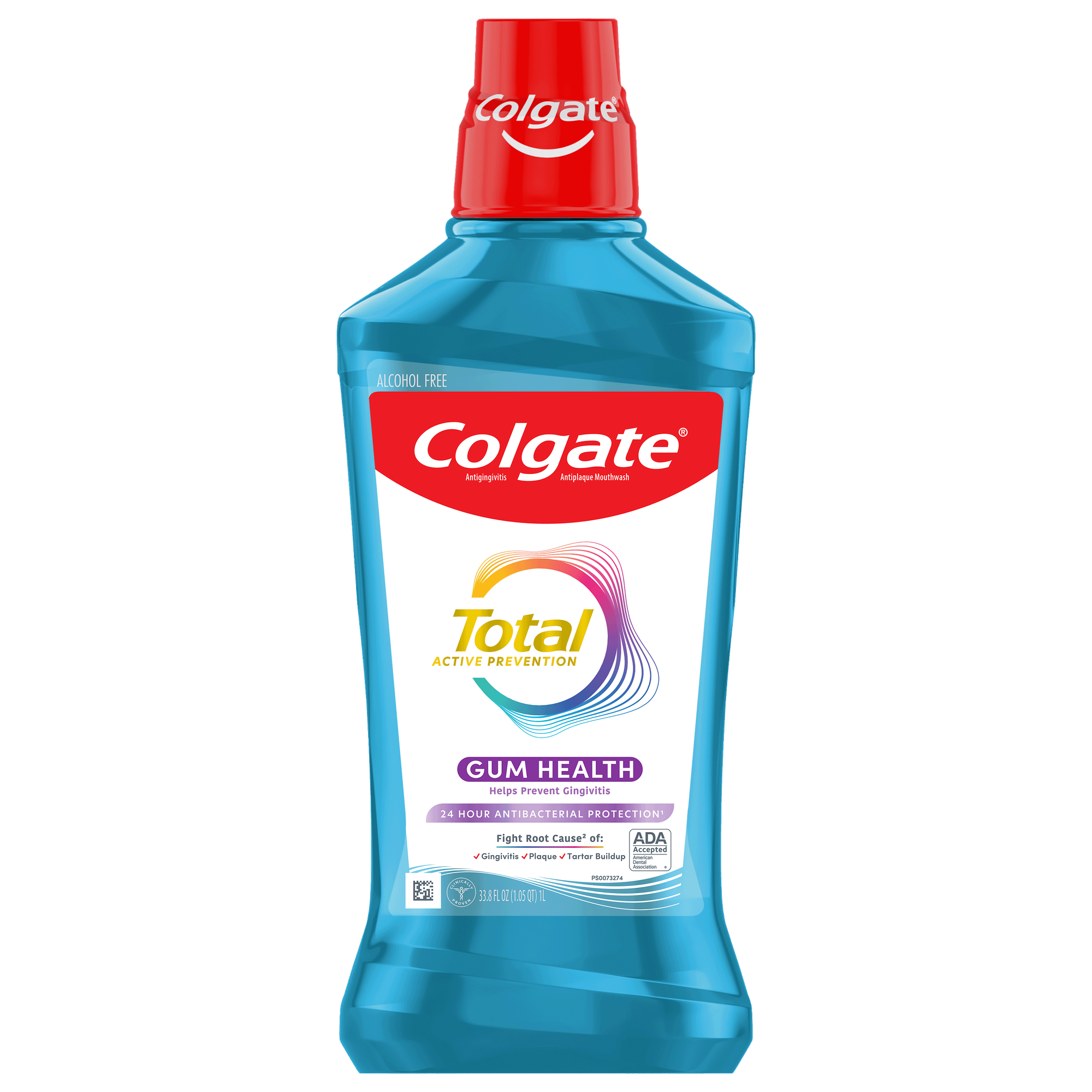Types of Dentures
Snap-on dentures, also called implant-supported dentures or overdentures, are held in place not just by the gums, but by either a few remaining teeth or by metal posts that are implanted in the jawbone. According to the American Dental Association, the three types of dentures are immediate, conventional and overdentures.
Fitting an Implant-Supported Denture
The procedure to fit implant-supported dentures involves dental surgery and may take up to six months to complete, according to the American Academy of Periodontology (AAP). To fit snap-on dentures, an oral surgeon or periodontist will perform a surgical procedure to insert implants into the jawbone. The implants look like small, metal cylinders or screws. Over the next two to six months, the bone grows around the implants and they become firmly embedded. During this time, the patient can wear immediate dentures.
Many patients undergo a second surgery, in which the dentist attaches a locator to the implants. These locators protrude from the gums and serve as the bases for the dentures. After approximately a two-week healing period, the denture can be attached to the locators. Some locators allow the patient to snap the dentures on and off, and others permanently fix the replacement teeth to the implants.
In some cases, you may be able to have a single procedure that encompasses placement of both the implant posts and the locators. Your dentist can advise if this option is suitable for you.
Pros and Cons of Snap-On Dentures
The Foundation for Oral Rehabilitation lists some advantages and disadvantages of implant-supported dentures. For patients who have struggled with eating and speaking while wearing conventional dentures, implant-supported dentures offer an alternative that is more stable and less likely to slip. These dentures may also be more effective at disguising lost gum tissue in an attractive way. The AAP mentions that inserting implants into the gums helps retain bone mass, whereas patients who wear conventional dentures can experience weakening and loss of jawbone.
Despite these numerous advantages, cost is also an important factor. The cost of implant-supported dentures may be too high for some patients, according to Dental Economics. Additionally, patients may not want to undergo the surgery necessary to place implants. However, the advantages offered may make snap-on dentures more cost-effective in the long run. Discuss your denture options with your dental specialist to determine the best option for you.
Denture Lifespans
Patients who wear dentures should continue to visit their dentists regularly for checkups on their replacement teeth. Dentures experience wear and tear over time, plus, the jawbone and mouth change shape. These factors mean the dentures can eventually become loose and ill-fitting. The British Columbia Dental Association states that dentures usually last between five and 10 years, and according to the European Federation of Periodontology, 95 percent of implants last five years or longer.
For patients who like the security of knowing their dentures won't suddenly slip while they're chewing or talking, removable implant-supported dentures may be an effective alternative. Speak to your dentist if you think these dentures could be right for you.
This article is intended to promote understanding of and knowledge about general oral health topics. It is not intended to be a substitute for professional advice, diagnosis or treatment. Always seek the advice of your dentist or other qualified healthcare provider with any questions you may have regarding a medical condition or treatment.
ORAL HEALTH QUIZ
What's behind your smile?
Take our Oral Health assessment to get the most from your oral care routine
ORAL HEALTH QUIZ
What's behind your smile?
Take our Oral Health assessment to get the most from your oral care routine















